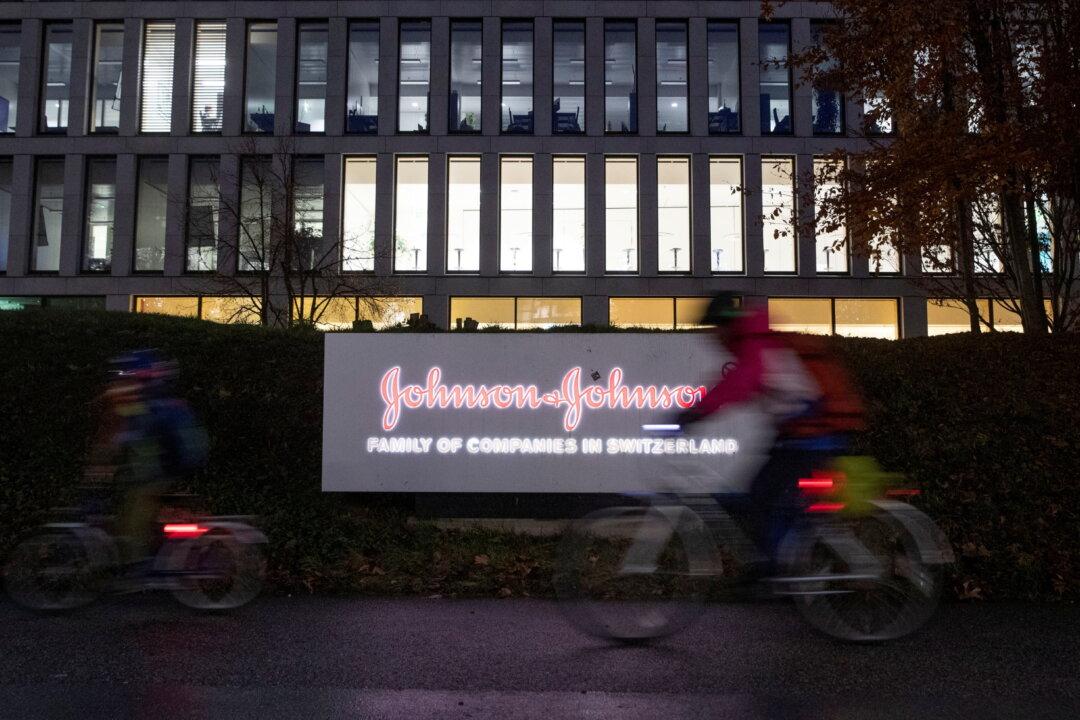Johnson & Johnson has agreed to pay $40.5 million to settle New Hampshire’s claims over the company’s role in the U.S. opioid epidemic, averting a trial that had been scheduled to begin next week.
Thursday’s settlement resolves a lawsuit brought in 2018 against Johnson & Johnson and its Janssen Pharmaceuticals unit.





